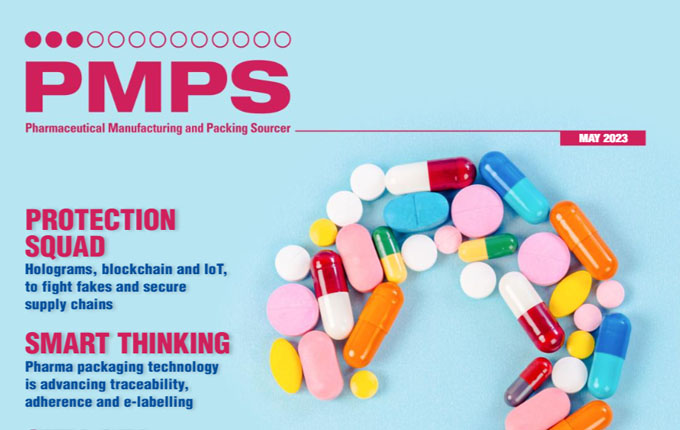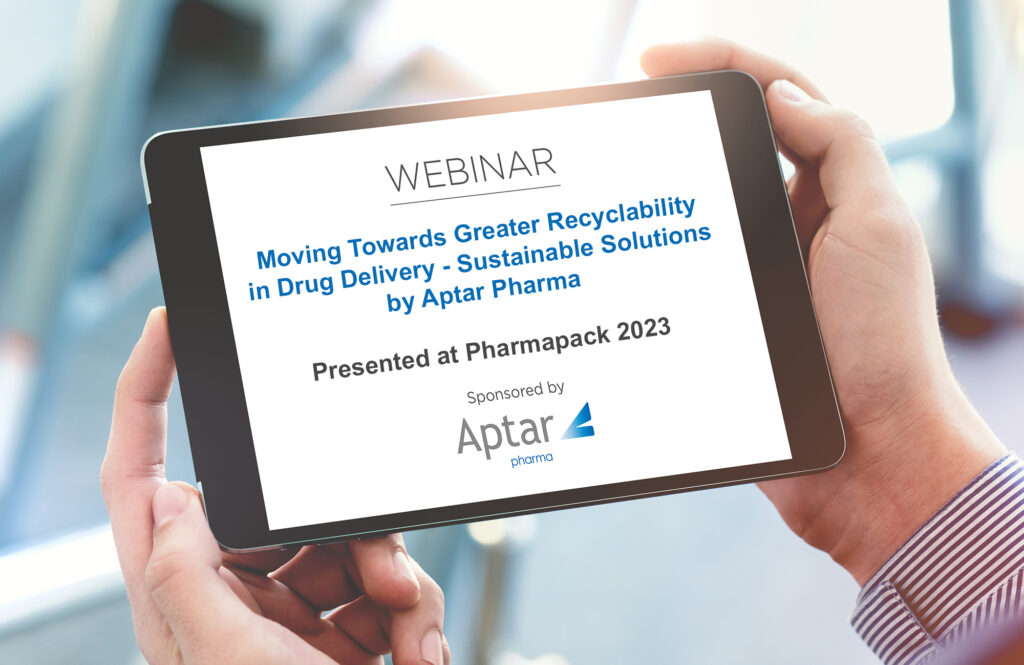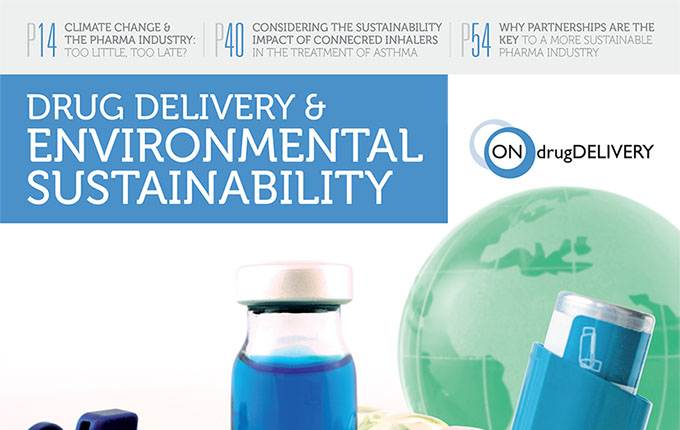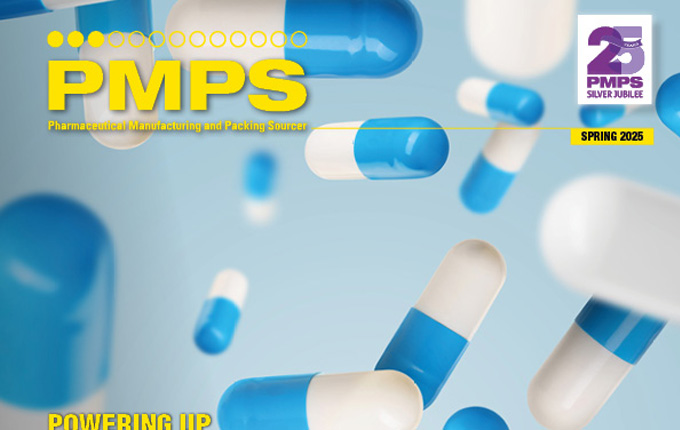The Drive for Lower Global Warming Potential (GWP) Propellants
The pharmaceutical industry is emerging as a proactive participant in the global effort to reduce carbon emissions. This article focusses on the strategic initiatives being undertaken to reduce the carbon contributions derived from inhaled drug delivery technologies. Because of their importance in delivering inhaled drug products safely and conveniently to patients around the world, pressurized metered dose inhalers (pMDIs) have become a focal point in the quest to shift to lower global warming potential (GWP) propellants.
Rising CO2 Levels Contribute to Climate Crisis
Over a century of environmental data demonstrates that the dramatic rise in atmospheric CO2 levels and the corresponding increase in global temperatures are both contributing factors to today’s climate crisis. Addressing the crisis requires an immediate and collaborative response from all sectors of society, including the pharmaceutical packaging industry, in order to reach the ambitious targets set in the Paris Climate Agreement.
Importance of Scope 3 Emissions Reduction
A key concept used to measure and monitor sustainability progress is the categorization of greenhouse gas emissions into Scope 1, Scope 2, and Scope 3 segments. The article explains how the pharmaceutical packaging industry’s focus has expanded to the most challenging Scope 3 emissions, which are generated indirectly by other parties, including suppliers, customers and patients via product use, throughout the value chain.
Aptar Pharma’s Strategic Carbon Emission Reduction Strategy
The parent Aptar Group has established science-based targets for reducing the Company’s Scope 1 and Scope 2 emissions, with impressive progress already achieved through renewable energy adoption and operational efficiencies. Aptar measures its success through an ISO 14064 compliant energy management system that can map and report their global greenhouse gas emissions. Today 97% of the energy used in Aptar’s facilities is sourced from renewable sources with a number of their sites producing their own energy. Since its 2019 baseline, Aptar has been able to reduce its Scope 1 and Scope 2 Green House Gas (GHG) emissions by 77%, towards its goal of 82% by 2030. Aptar Group has shifted its focus to the reduction of its Scope 3 carbon emissions by working with suppliers and customers to enact solutions that help them to reduce their emissions.
The ZEN30 Futurity™ Metering Valve for Lower GWP pMDIs
The latest member of Aptar Pharma’s Futurity™ platform is the ZEN30 Futurity™ metering valve. Futurity™ makes visible to customers Aptar Pharma’s efforts to enhance the sustainability of their operations and products through elements like increased recyclability, improved emissions reductions, and the incorporation of recycled materials into product designs. The ZEN30 Futurity™ metering valve was specifically designed to support the introduction of the latest lower GWP propellants in the next generation of pressurized meter-dose inhalers (pMDIs). Aptar Pharma is able to support the development and testing of new formulations and device components that include HFA152a and HFO1234ze, both lower GWP propellants, in our ATEX rated R&D manufacturing pilot suite. These lower GWP propellant candidates are being considered for use in pMDIs offering a reduction of at least 90% in global warming potential as compared to current pMDI propellants. The transition to using new lower GWP propellants in pMDIs is not a simple process, requiring in many cases product reformulation, redesign of pMDI devices and components, manufacturing capability upgrades and more.
Aptar Pharma’s pMDI Support Services
The article also discusses the importance of Aptar Pharma’s comprehensive support services, which are designed to accelerate the development of sustainable pMDI formulations. From specialized pilot suites equipped to test the new, more flammable lower GWP propellants to advanced modelling and in-silico simulation tools that can streamline development, Aptar Pharma’s capabilities can help de-risk and accelerate the transition to lower GWP solutions.
With a strict regulatory landscape and increasing time pressures to eliminate older HFC propellants, there is an urgency to advance these new technologies. This points to the need for industry wide collaboration as well as considering the entire value chain in the design of new lower GWP pMDIs.
Through such strategic innovation, measured by rigorous sustainability criteria, and a commitment to collaboration, companies like Aptar Pharma are showing that it is truly possible to reduce environmental impact through its carbon reduction efforts, while continuing to deliver life-saving inhaled drug delivery technologies to customers globally.
Learn more about Inhalation Drug Delivery
This Might Also Be of Interest

Developing More Sustainable pMDIs: A Q&A on Motivation, Progress and Challenges
Publications, Pharmaceutical, Product Solutions, Sustainability, Brand Differentiation, Market Insights

Moving Towards Greater Recyclability in Drug Delivery – Sustainable Solutions b...
Webinars, Pharmaceutical, Brand Differentiation, Market Insights, Product Solutions, Sustainability, Drug Delivery Innovations

From pMDI Device to Therapeutic Effect
Webinars, Pharmaceutical, Product Solutions, Sustainability, Drug Delivery Innovations, Market Insights

Sustainability Measures Are the Key to Meeting ESG Commitments
Publications, Pharmaceutical, Sustainability, Market Insights, Product Solutions

